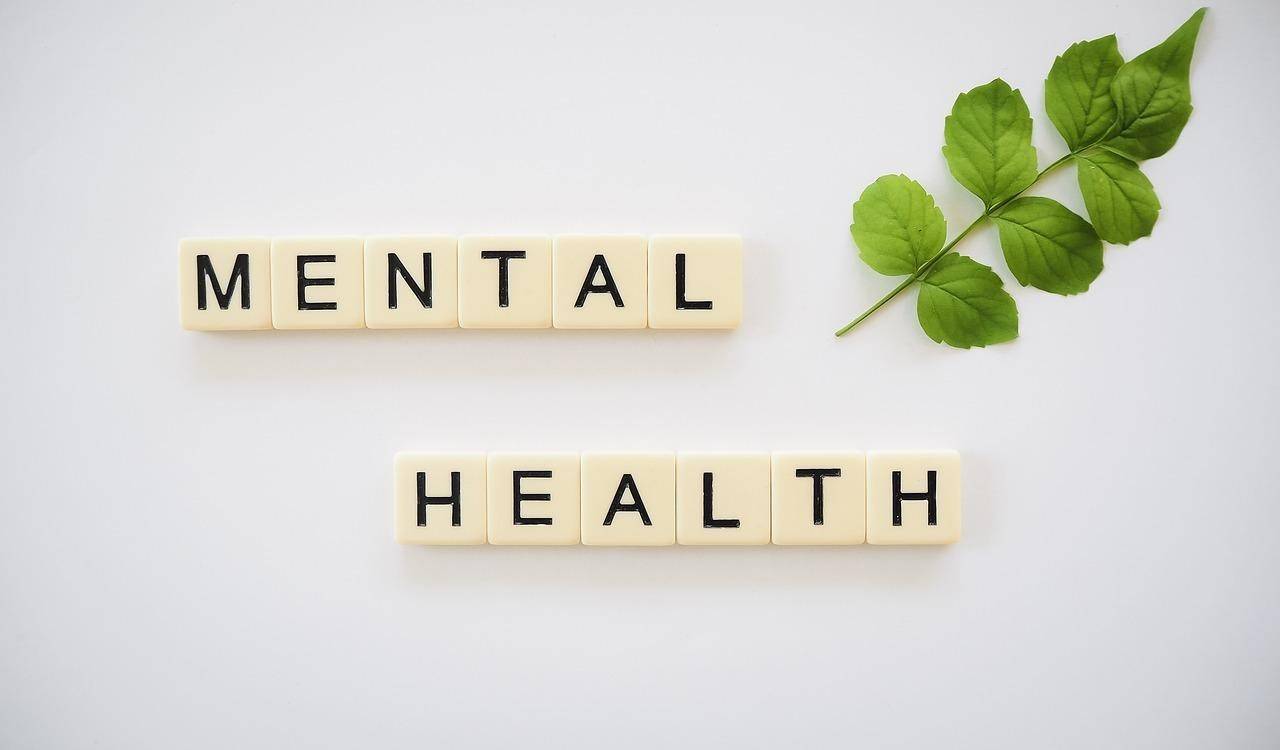
The Impact of a Personal Injury on Mental Health
Experiencing a personal injury, whether from a car accident, workplace accident, medical malpractice or other cause, often has a significant impact on a person's mental health. Coping with injuries, recovering physically, worries over medical bills and missed work can all take a major toll. It's important to be aware of these potential effects and take steps to care for your mental health after an injury.
Prevalence of Mental Health Issues After Injury
Research shows that mental health issues are very common among those who have experienced a personal injury. One study found that 31% of patients developed depression within a year after suffering a traumatic injury. Other issues like anxiety, PTSD, and substance abuse are also more prevalent. According to a 2021 study, approximately 62% of people hospitalized for injuries experience some type of mental health issue in the months following the injury.
Causes and Risk Factors
There are many reasons personal injuries can negatively impact mental health. Dealing with severe or chronic pain on a daily basis can wear someone down emotionally. The inability to work or participate in activities you previously enjoyed due to an injury can lead to depression and isolation.
Some factors that increase the risk of developing mental health struggles after an injury include: having a prior history of mental illness, experiencing a traumatic brain injury, having limited social support, suffering from insomnia or sleep issues, and using drugs or alcohol to cope with the injury.
Seeking Treatment
If you notice signs of depression, anxiety, PTSD, or other mental health problems after an injury, it's important to seek help from a mental health professional. Many people assume they just need to give it time or tough it out on their own. However, untreated mental health issues can interfere with your physical recovery.
Cognitive behavioral therapy, medication, support groups, and other treatments can help manage mental health struggles related to a personal injury. Communicate openly with your medical providers so they can refer you to the appropriate mental health resources. Having social support from loved ones also helps.
Pursuing Compensation
The financial stress that often accompanies a serious personal injury can negatively impact mental health as well. Lost income from being unable to work, plus accumulating medical bills quickly add up. To help alleviate this financial stress, it is advisable to pursue compensation with the help of a personal injury lawyer.
According to Adam Zayed, a reputable Chicago personal injury lawyer, “An experienced attorney can handle the insurance claims process for you while you focus on recovery. They will seek fair compensation for all your economic and non-economic damages, including your mental anguish. On average, working with an attorney results in a much larger settlement or court award. This improves your financial security and peace of mind.”
Coping with a personal injury is challenging enough physically without also struggling mentally. Be aware of your own mental health and don't hesitate to seek treatment if you notice any concerns. Consider working with an attorney to obtain compensation that can lessen financial worries. With the right support and treatment, you can heal both physically and mentally.

Comments (0)